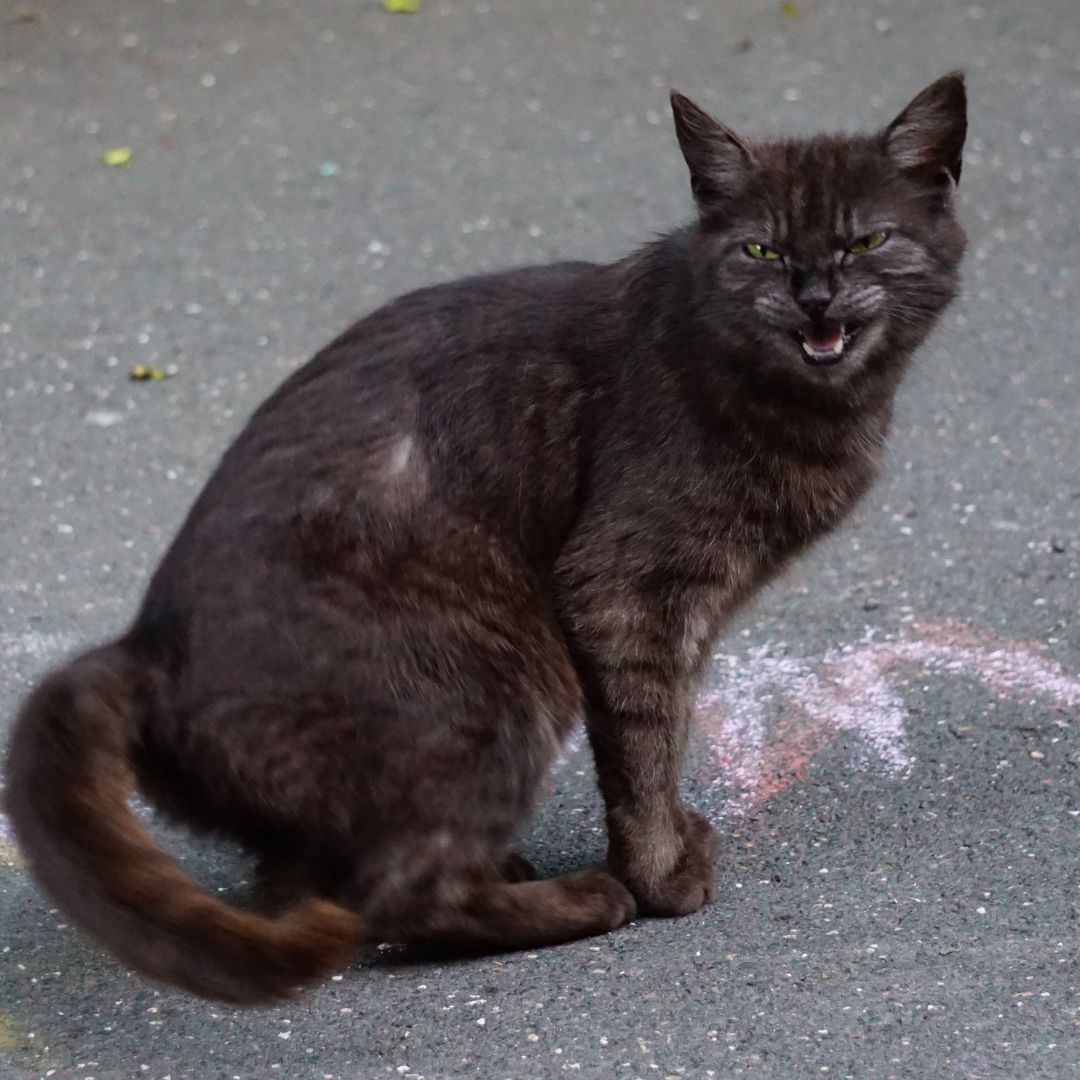
Understanding Cat Hissing: Possible Explanations
Share
Cats can be quite unpredictable creatures. They might shower you with affection one moment, only to hiss and growl seemingly out of nowhere the next. Understanding why they behave this way can be a head-scratcher, as their motivations can be mysterious. Even the most amiable cat breeds aren't exempt from occasional bouts of crankiness. Here are some potential reasons why your cat might be hissing or growling seemingly without cause:
Understanding Random Hissing and Growling in Cats: Explained
Territorial Aggression:
Cats, like many animals, are deeply territorial creatures. The sudden appearance of a new pet, whether it's a dog, another cat, or even a new person, can trigger feelings of threat in your cat. While this doesn't necessarily mean the newcomer is bad, it's simply the nature of cats to defend their territory. Hissing and growling are often directed towards the perceived intruder, whether animal or human, but primarily towards other cats.
Status Aggression:
In addition to territorial behavior, cats also have a strong sense of status within their environment. They may perceive themselves as the masters of the household and believe they dictate the rules. Hissing and growling can occur as a means for them to assert their assumed dominance, particularly when they feel their authority is being challenged. This might happen when you attempt to disrupt their routine or change elements of their environment, such as moving their food bowl, bed, or litter box.
Understanding Different Forms of Cat Aggression: Explained
Redirected Aggression:
As the term suggests, redirected aggression occurs when a cat redirects its aggression from external stimuli towards you. This aggression often stems from triggers mentioned earlier, leading the cat to lash out seemingly without reason.
Aggression Amongst Cats:
Male cats, particularly if they're not neutered, may exhibit growling and hissing as they vie for dominance within the household or among other pets. This behavior is linked to territorial and status aggression.
Predatory Aggression:
At times, cats may act on their predatory instincts, especially towards smaller pets in the household. Growling and hissing may be attempts to intimidate perceived prey, reflecting their natural hunting instincts.
Asocial Aggression:
Cats that weren't properly socialized during kittenhood may exhibit aloofness towards both people and other pets. However, there are techniques available to encourage socialization and friendlier behavior.
Overstimulation from Petting:
Cats have limits to the amount of petting they can tolerate. Excessive petting can lead to overstimulation, causing the cat to react with growling and hissing as a sign to stop.
Fear:
Hissing and growling can also signal fear or feeling threatened. A cat may exhibit these behaviors when it feels trapped or unable to escape a perceived threat.
Potential Medical Conditions:
It's crucial to monitor your cat for signs of pain or illness, as medical issues could also be behind their aggressive behavior. Injuries, dental problems, infections, and other medical conditions may manifest through growling and hissing.
Cat Blogs: Cat Behavior | Cat Food | Cat Health & Care | Cat Training | Cat Breeds | Cat Lifestyle | Cat People
Visit our blogs page for more fun cat topics and cat products visit www.catcurio.com
Follow CatCurio: Instagram I Facebook I Twitter I YouTube I Tumblr I Pinterest
